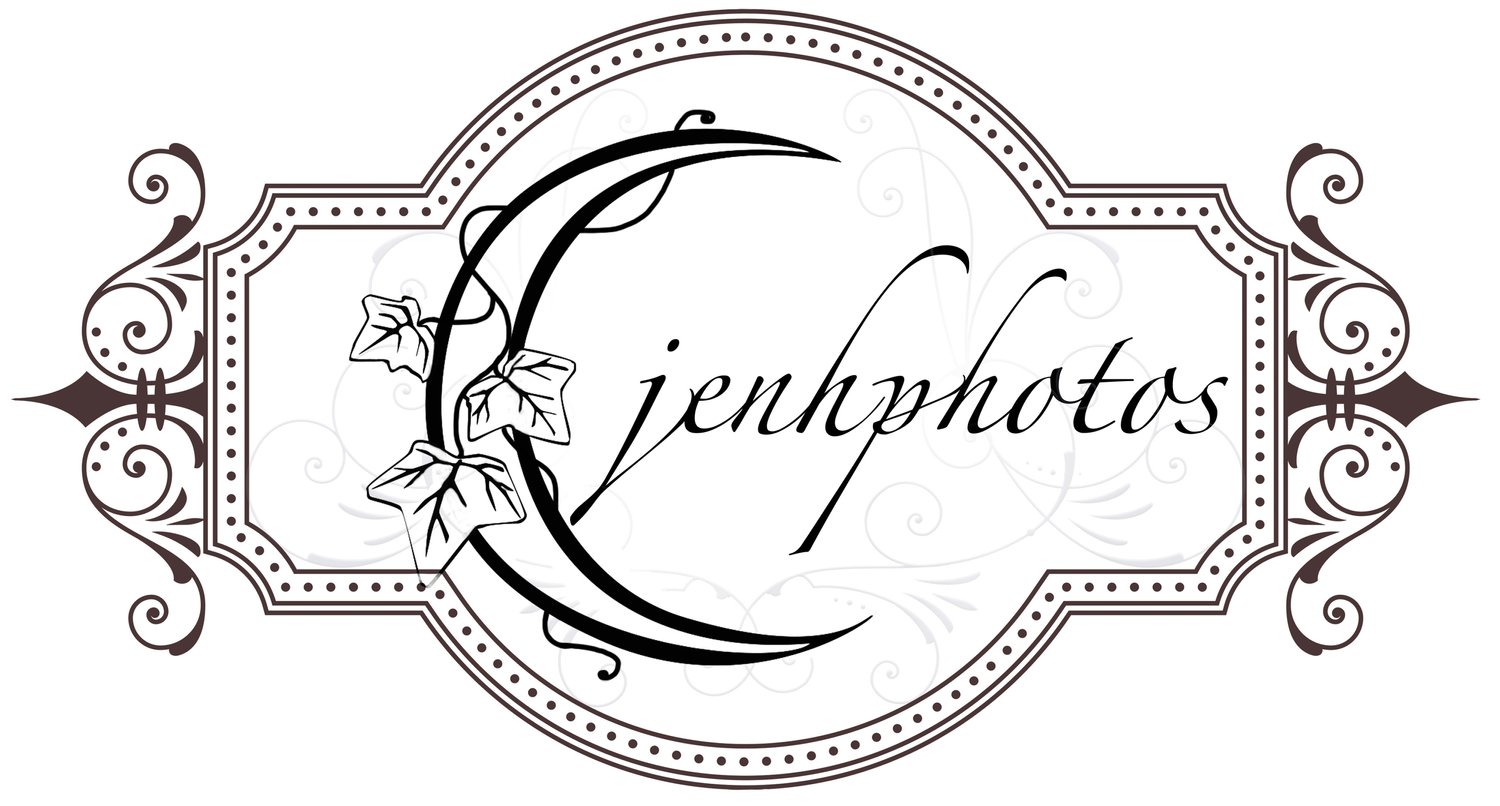PIDP 3260 - Ethical Coercion
Here we are on week 4, and reading chapter 18, Exercising Teacher Power Responsibly in Stephen Brookfield’s book The Skillful Teacher, I find myself pondering the section on ethical coercion.
There is a significant point that I agree with Brookfield on, and that is that regardless of how much a teacher wants to put the power of learning in a student’s hands, the teacher will always be in a power position. That is actually a whole separate topic unto itself, but if you consider a teacher’s power to “force an agenda on learners,” that power position becomes extremely important.
This section justifies coercion, or manipulation by the teacher, in order to challenge a student who may be “ideologically predisposed to shut out an alternative perspective” by presenting different perspectives and encouraging the student to think critically about them. Critical thinking, according to Brookfield:
describes the process by which people learn to recognize how unjust dominant ideologies are embedded in everyday situations and practices. These ideologies shape behaviour and keep an unequal system intact by making it appear normal. Dominant ideologies are broadly accepted beliefs and practices that usually work to perpetuate an economically unequal, racist, homophobic, and sexist society with negligible resistance. To be a critical person from a critical theory perspective, you would take action to create more democratic, collectivist, economic, and social forms. Critical theory helps us do three important things:
(1) it gives us a framework for critiquing social conditions,
(2) it challenges universal truths or dominant ideologies, and
(3) it seeks social emancipation and the elimination of oppression.
That all sounds well and good, however, what if the teacher’s ideologies are different than those described by Brookfield? We have exactly this currently playing out in schools in the United States, and most notably in deeply conservative states. There are people who believe that existing social conditions - like those proposed by Brookfield - have repressed and eroded traditional Christian values. In the name of what they feel is moral and right, ethical coercion is being instituted in schools to “force” a change in “agenda” on learners.
Education Week, July 10th, 2025
In this case, diversity equity & inclusion are considered an agenda on one side, and traditional conservative or Christian values are considered an opposing agenda. Both sides feel passionately that theirs are the morally correct values, and legitimately want their values taught in the best interests of students. Schools end up being the battleground as both sides seek to mold the future by teaching children their chosen agenda.
So, do you (I) agree that ethical coercion is always justifiable, or only when it is used to support a “legitimate agenda” that you (I) value?
I confess I don’t have any easy answer for this.
Yikes. That’s my somewhat heavy pondering for today. Thanks for dropping in, and we will chat again soon!
~ Jennifer
Resources:
Brookfield, S.D. (2015). The skillful teacher. Jossey-Bass.
Merriam, S.B., Bierema, L.L., (2014). Adult learning: Linking theory and practice. Jossey-Bass
Sparks, S.D. (2025, July 10). Want to teach in Oklahoma? You may have to prove you’re not “woke.” Education Week. https://www.edweek.org/teaching-learning/want-to-teach-in-oklahoma-you-may-have-to-prove-youre-not-woke/2025/07
Vertuno, J. (2025, June 21). New Texas law will require Ten Commandments to be posted in every public school classroom. AP News. https://apnews.com/article/texas-ten-commandments-law-3f1ea84acd67a028ad9b7c01c3c2368c
Photo credit: onlinecrowd.com.au





